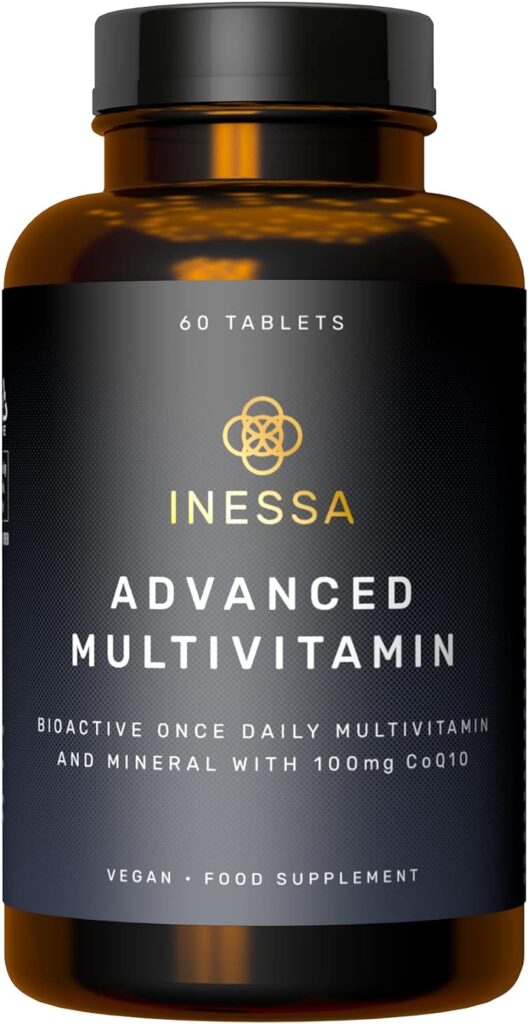Heartburn is a common condition that affects millions of people, often manifesting as a painful burning sensation in the chest or throat.
This discomfort usually occurs after eating or when lying down, and while it can be an occasional nuisance, frequent heartburn may indicate a more significant issue known as gastroesophageal reflux disease (GERD).
Understanding the causes of heartburn is essential for effective management and prevention.
In this blog, we’ll explore several strategies to support heartburn, starting with what causes heartburn.
Let’s dive in!
What Causes Heartburn?
Heartburn primarily occurs when stomach acid flows back into the esophagus, the tube that connects your mouth to your stomach.
This backward flow, known as acid reflux, can be triggered by various factors, including diet, lifestyle, obesity, stress, and more.
By understanding these potential causes, individuals can take proactive steps to mitigate heartburn and improve their overall digestive health.
5 Ways to Support Heartburn
1. Take a Methylated Multivitamin
A methylated multivitamin can play a crucial role in digestive health and overall well-being.
These multivitamins contain bioavailable forms of vitamins and minerals, which are easier for the body to absorb and utilize.
Certain nutrients, like magnesium and vitamin B6, can support the digestive system and may help reduce the frequency of heartburn episodes.
Out of all the multivitamins I’ve tried, my favorite is Inessa’s Advanced Methylated Multivitamins.
Inessa’s Multivitamin can help with heartburn by providing essential nutrients that support digestive health and overall wellness.
Its formulation includes vitamins such as B-complex, which can aid in maintaining a healthy digestive system, and CoQ10, known for its antioxidant properties that may help reduce inflammation.
By addressing potential micronutrient deficiencies, this multivitamin promotes optimal gut function, which can lead to fewer occurrences of heartburn.
Simply take one tablet per day and you’re good to go!
2. Modify Your Diet
What you eat can significantly impact heartburn.
Avoid trigger foods such as spicy dishes, citrus fruits, tomatoes, chocolate, and fatty or fried foods.
Instead, focus on a balanced diet rich in whole grains, vegetables, and lean proteins.
Eating smaller, more frequent meals can also help prevent the stomach from becoming overly full, which can exacerbate heartburn.
3. Walk After Meals
Engaging in light physical activity, such as walking after meals, can help improve digestion and reduce the chances of experiencing heartburn.
A gentle stroll allows gravity to assist in keeping stomach contents down and can promote healthy digestion.
Aim for a 10 to 15-minute walk after eating to help ease discomfort and maintain digestive health.
4. Limit Alcohol and Caffeine
Both alcohol and caffeine can relax the lower esophageal sphincter, making it easier for stomach acid to escape into the esophagus.
Reducing or eliminating these substances from your diet can lead to significant improvements in heartburn symptoms.
Opt for non-caffeinated herbal teas or water instead.
5. Manage Stress
Stress can exacerbate digestive issues, including heartburn.
Practicing stress management techniques such as deep breathing, yoga, or meditation can help calm the mind and body.
Regular physical activity can also promote overall digestive health and reduce stress levels, contributing to improved heartburn management.
Conclusion
Heartburn can be uncomfortable and disruptive, but with a better understanding of its causes and effective management strategies, you can find relief.
Incorporating a methylated multivitamin, modifying your diet, walking after meals, limiting alcohol and caffeine, and managing stress can all contribute to reducing heartburn symptoms.
If heartburn persists or worsens, consult a healthcare professional for further evaluation and tailored recommendations.
Thank you for reading!
Affiliate Disclosure
Some of the links on this site are affiliate links. This means that if you click on the link and purchase the item, we may receive an affiliate commission at no extra cost to you. I only recommend products or services that I believe will add value to my readers, however some (not all) do pay us to be on this blog. Your support and theirs helps keep this blog running, and I genuinely appreciate it.
Medical Disclaimer
The information provided on this website is for educational purposes only and is not intended as medical advice. This blog or the writer is not a licensed healthcare professional, and the content should not be used as a substitute for professional medical diagnosis, treatment, or advice. Always consult with your physician or other qualified healthcare provider before starting any new treatment or making any changes to your healthcare routine.
